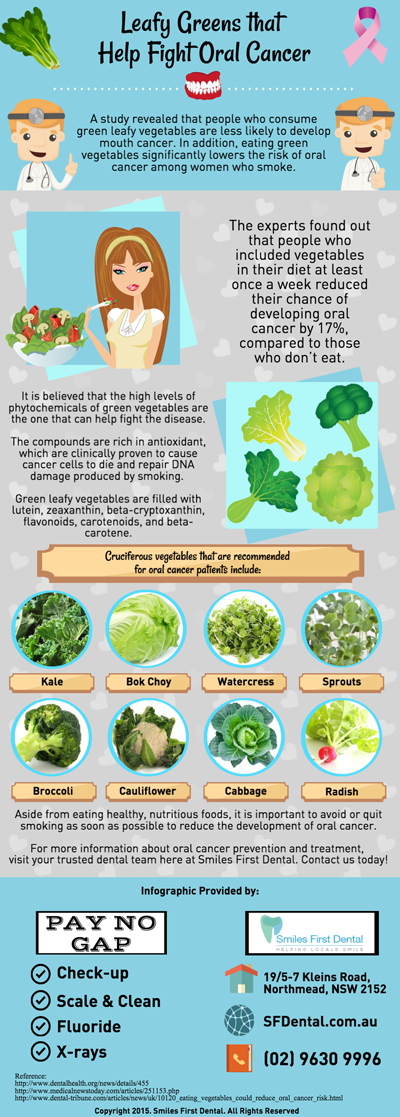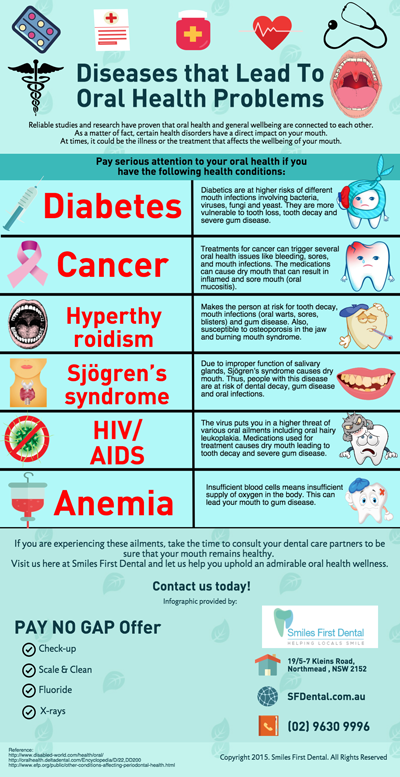General Dentistry
Periodontal Health: What is Gingivitis?
 Gingivitis and gum disease are common dental terms that most people often used interchangeably. But according to dental experts, gingivitis is actually the early stage and mild form of gum disease. The condition is generally triggered by lack of proper dental care, which encourages the development of plaque and eventually, tartar.
Gingivitis and gum disease are common dental terms that most people often used interchangeably. But according to dental experts, gingivitis is actually the early stage and mild form of gum disease. The condition is generally triggered by lack of proper dental care, which encourages the development of plaque and eventually, tartar.
Moreover, gum disease is inflammation and infection that damages the tissues supporting teeth. In gingivitis, gums become pinkish, swollen, inflamed and bleed when brushing the teeth. Also, most people can acquire a mild case of gingivitis some period of their lifetime. However, if gingivitis is left untreated, it can progress to a severe gum disease called periodontitis.
Common Symptoms of Gingivitis
If you experience or notice the following symptoms, then it is time for you to visit your dentist for the inspection of your gum health. These includes:
Leafy Greens that Help Fight Oral Cancer
How to Treat Gum Disease Naturally
Effects of Stress and Oral Health Connection to Dental Wellbeing
 People who are under stress are quite noticeable at one glance. You will see changes in their appearance and actions. This is because stress can highly affect your general health, including your sleep and daily habits. On the other hand, stress also upsets the health of your mouth, teeth and gums. Researchers have discovered a link between stress and oral health. That is why if you are stressed today, you must double your efforts to uphold your oral health so as to help your body prevent upcoming dental health problems.
People who are under stress are quite noticeable at one glance. You will see changes in their appearance and actions. This is because stress can highly affect your general health, including your sleep and daily habits. On the other hand, stress also upsets the health of your mouth, teeth and gums. Researchers have discovered a link between stress and oral health. That is why if you are stressed today, you must double your efforts to uphold your oral health so as to help your body prevent upcoming dental health problems.
Know More about Stress and Oral Health Relationship
Cortisol, the stress hormone, is extremely raised when you are undergoing stress. This is why your immune system becomes weak and your body’s defenses against infections are ineffective. Plaque’s harmful oral bacteria are then ready to invade your gums, making stressed individuals highly susceptible to gum disease.
Aside from gum problems, stress has been also associated with the following oral health issues:
Diseases that Lead To Oral Health Problems
The 7 Most Typical Causes of A Toothache
How to Take Care of Yourself After Root Canal Treatment
 Root canal treatment, also referred to as endodontics, is a dental procedure done when the dental pulp becomes infected due to decay or injury. When the tooth has darkened in colour, it only indicates that the nerve of the tooth has died. For this reason, one is required to have root canal treatment. If the procedure is not performed, the infection will spread and damage the tooth totally.
Root canal treatment, also referred to as endodontics, is a dental procedure done when the dental pulp becomes infected due to decay or injury. When the tooth has darkened in colour, it only indicates that the nerve of the tooth has died. For this reason, one is required to have root canal treatment. If the procedure is not performed, the infection will spread and damage the tooth totally.
After the procedure, the tooth becomes weak and sensitive, that is why your dentist may require you to have a crown or filling to strengthen the tooth. But first, it is important that you are aware of what to expect and what are the useful aftercare tips you should do following root canal treatment.
What to Expect after Root Canal Treatment
Your tooth may give you discomforts or exhibits a dull pain right after the root canal therapy. The tooth will be sensitive when biting and could appear to feel loose. This feeling must be experienced temporarily.
Tooth Decay: The Link between Sports Drinks and Enamel Damage
It’s a hard task to uphold the health of your teeth and gums daily to avoid certain oral...



